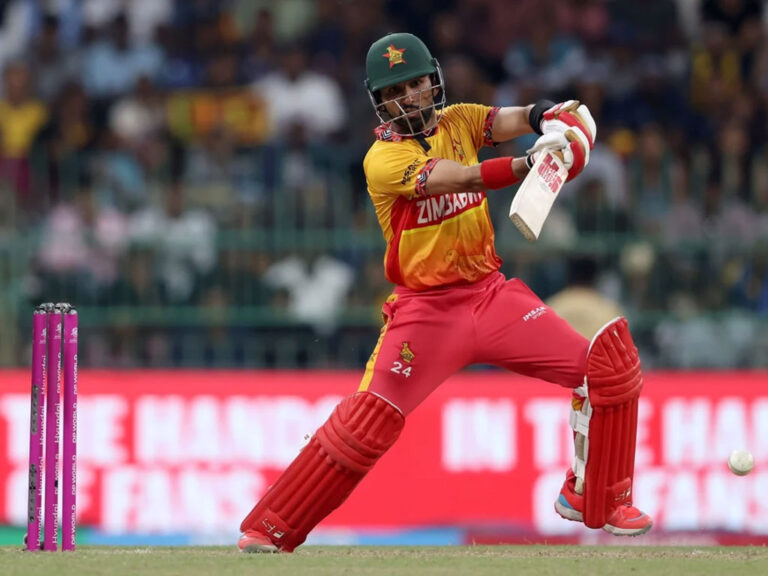
Mr. Ranil Wickremesinghe, an independent presidential candidate, recently lauded what he claims is the “economic stabilization” of Sri Lanka under his leadership, presenting this as a key achievement during a public rally. However, a critical analysis of his statements reveals that his self-congratulations may be premature and his policies less effective than they seem.
Wickremesinghe’s claim that lifting the ban on vehicle imports and reducing individual income taxes are measures providing widespread relief is oversimplified. Lifting the vehicle import ban may benefit a select few with the means to purchase imported cars, but the average Sri Lankan is unlikely to feel much direct benefit from this. In fact, introducing more vehicles to the market could exacerbate the country’s traffic congestion and environmental problems. Meanwhile, reducing income taxes may seem beneficial on the surface, but it begs the question: how sustainable is this relief, especially for a country still grappling with debt and a fragile economy? Tax cuts can lead to short-term gains but often result in long-term fiscal problems if not paired with comprehensive economic reform.
Wickremesinghe’s critique of his opponents, particularly his warning about Anura Kumara Dissanayake’s policies potentially devaluing the rupee to 400 per dollar, appears alarmist. The reality is that Sri Lanka’s economy has already faced significant devaluation, and attributing potential future economic instability solely to one candidate’s plans disregards the complexity of macroeconomic factors at play. Furthermore, Wickremesinghe’s dismissal of Sajith Premadasa’s approach as unsustainable without offering a detailed critique or alternative solution undermines the credibility of his argument.
While Wickremesinghe promotes his “Powerful Sri Lanka” vision, his policies, like many political promises, are likely to benefit only certain sectors of society while failing to address the deeper, structural economic challenges facing Sri Lanka. His rally may have garnered support, but it remains to be seen whether his proposed measures truly offer the long-term economic stability he claims to have achieved.




